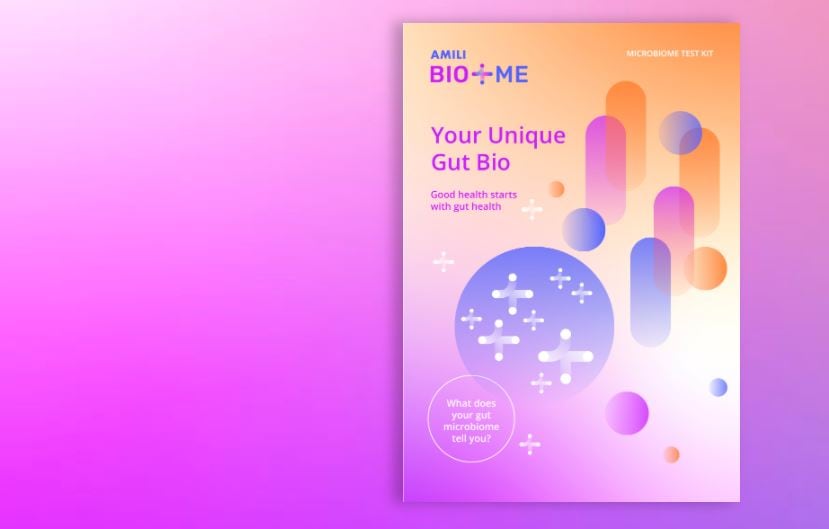The dosage amount of the folic acid supplementation is also critical, as a dosage that is too low or too high will not be beneficial.
A daily supplementation of at least 400μg folic acid from either health supplements or daily diet is associated with a lower risk of autism spectrum disorders (ASD), researchers from Harbin Medical University and Guangzhou Medical University wrote in the Journal of Autism and Development Disorders.
However, when the daily dose was above 500 μg or 800 μg per day, there was no additional benefit in protecting against ASD – the impact was similar to that of a 400 μg dosage.
In fact, higher amounts of unmetabolised folic acid in the cord blood at birth or the mother’s blood has been associated with an increased risk of ASD, the researchers noted, citing findings from Egorova et al. and Raghavan et al.
“The Boston Birth Cohort Study further observed that low and high folate concentrations in maternal plasma were associated with a higher risk of ASD, presenting a U-shaped risk curve,” the researchers said.
At the moment, folic acid supplementation in women of reproductive ages or pregnant women is for preventing neural tube defects from occurring in infants.
To assess the effects of mothers’ folic acid supplementation in reducing their children’s risk of ASD, the researchers conducted a meta-analysis on 10 studies found on PubMed, Embase and Cochrane Library as of Jan 31 last year.
Of which, six were cohort studies, the other four were case-control studies. The studies took place in China, US, Israel, and Europe.
The researchers then studied the impact of folic acid supplementation before pregnancy, during early pregnancy, and during pregnancy.
Folic acid supplementation during early pregnancy (first two months) has the highest association with reduced ASD risk, followed by supplementation before pregnancy to early pregnancy, and during pregnancy.
Supplementation during early pregnancy is important, as this is when the central nervous system develops, with the proliferation and migration of neural progenitor cells.
Folate deficiency in this period may disrupt this process by impairing the efficiency of DNA methylation.
Current RDA
At the moment, the recommended daily dosage of folic acid for pregnant women is 400 μg, and that supplementation should ideally start before conception, as per WHO guidelines.
This guideline is widely followed around the world, with Malaysia, Singapore adopting the RDA guidelines for women of reproductive ages.
In Singapore, the recommended amount per day goes up to 600 μg for pregnant and 500 μg for lactating women. While Malaysia, the tolerable upper intake level of folic acid in pregnant women at 19 years old and above is 1000 μg per day.
First detailed meta-analysis
According to the researchers, this is the first meta-analysis that assess how the timing, dosage, and types of folic acid supplementation in women would affect ASD risk in children.
While ASD mostly occur due to genetic factors, the researchers noted a rising number of ASD and pointed out that environmental factors could be at play.
In China, a study published in 2018 showed that the prevalence of ASD was 39.23 per 10,000 children. This is higher than data published in a 2013 study, where the prevalence rate was 26.6 per 10,000 children.
“With the rising increase in prevalence and poor prognosis of ASD, it is imperative to enhance the prevention and treatment of this disease.
“To the best of our knowledge, this is the most comprehensive systematic review and meta-analysis regarding prenatal folic acid supplements and offspring’s autism spectrum disorders.
“In addition, it is the first to systematically account for supplementary timing, dose, supplemental folic acid mode, and folic acid food fortification. A series of sensitivity analyses were conducted in order to verify the stability and robustness of our results,” the researchers said.
Source: Journal of Autism and Development Disorders
Prenatal folic acid supplements and offsp ring’s autism spectrum disorder: A meta-analysis and meta-regression
https://doi.org/10.1007/s10803-021-04951-8
Authors: Liu, X., Zou, M., Sun, C. et al.





